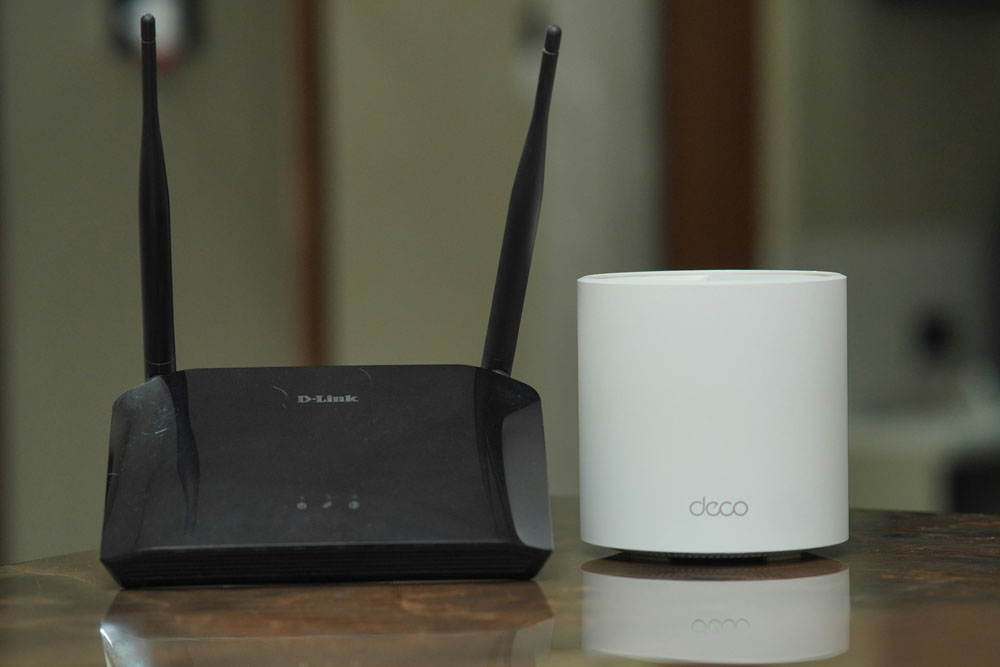One of the under-reported frontiers in the government’s junk fees crusade is the unnecessary fees that cable companies and internet service providers (ISPs) are charging consumers – fees that can jack up a basic month’s service as much as 25%.
But that’s all about to change in April. Or – at least, it’s supposed to change.
The Federal Communications Commission (FCC)’s new Broadband Consumer Labels regulation requires providers to display clear, easy-to-understand, and accurate information about the cost and performance of broadband services by April 10, 2024.
Providers with 100,000 or fewer subscriber lines must do so by October 10, 2024. Those points of sale include online and in-store.
What a tangled web we weave when first we practice to deceive’
That would make a good slogan for providers that have their hands in this cookie jar. See for yourself – get out your latest internet bill and check if you find any of these disguised charges anywhere:
-
Overage Charges
-
Equipment Rental Fees
-
Installation Fees
-
Administrative Fees
-
Early Termination Fees
-
Customer Service Fees
-
Regulatory Fees
-
Technology Service Fees
If any of those sound vague, then they’ve done their job. The less you understand what the heck they mean, the happier the provider is.
Keep that in mind once your first bill after April 10 lands in your mailbox.
“Comcast and other ISPs objected to a requirement that ISPs ‘list all recurring monthly fees’ including ‘all charges that providers impose at their discretion, i.e., charges not mandated by a government,’” said Jon Brodkin of ArsTechnica.
“They complained that the rule will force them to display the pass-through of fees imposed by federal, state, or local government agencies on the consumer broadband label.’”
Did you know that you can get Big Tech broadband for half the price?
When April rolls around and the new rules come into play, any ISP has to itemize the fees they add to base monthly prices, even the fees related to government programs they choose to “pass through” to consumers, such as fees related to universal service or regulatory fees.”
But the fact is that you’ve probably been paying too much for too long anyway. On the low end – the one where a consumer uses email, watches a little YouTube, and not much more – you can probably find a monthly $20 internet package. However, most consumers pay about $70 which seems to be the average monthly price for decent internet that can handle streaming.
What most consumers don’t even realize is that there are local ISPs that buy internet service in bulk from the Big Tech providers like AT&T and then resell it to their customers at incredible savings.
For example, IgLou – an ISP in Louisville Ky., – resells AT&T fiber service for $49.95, plus a $3.33 legit telecom access cost recovery fee.
And, guess who comes out to set it up? Yep, AT&T. They run the wire, they install the modems, they do everything they would do if you were dealing with them directly.
Plus, local ISPs often have smaller customer bases, allowing for more personalized attention and quicker response times when you need help. They also tend to have a better grip on the local challenges that providers have – like terrain or interference – which you’d be hard-pressed to find from someone sitting in a tech support center a half world away working for a large branded ISP.
If you’re going to explore this option
The pricing flexibility that you’re handed with a local ISP is probably the strongest suit. Most have far simpler and more transparent plans than large companies, with fewer hidden fees and easier-to-understand terms.
Be sure to explain to the sales rep all that you need your internet to do. If it’s just email and some YouTube videos and the occasional Facebook post, that could be a lot less than if you needed to stream Netflix at hi-rez or you’re going to be using it for work and uploading and downloading a lot of files.
One thing to keep in mind: While the promise of going the local route sounds inviting, all providers are not the same. Make sure you carefully research what other consumers think of the ISP and compare plans, features and pricing offered by both local and national providers before making a decision.

Tyler Fields is your internet guru, delving into the latest trends, developments, and issues shaping the online world. With a focus on internet culture, cybersecurity, and emerging technologies, Tyler keeps readers informed about the dynamic landscape of the internet and its impact on our digital lives.


